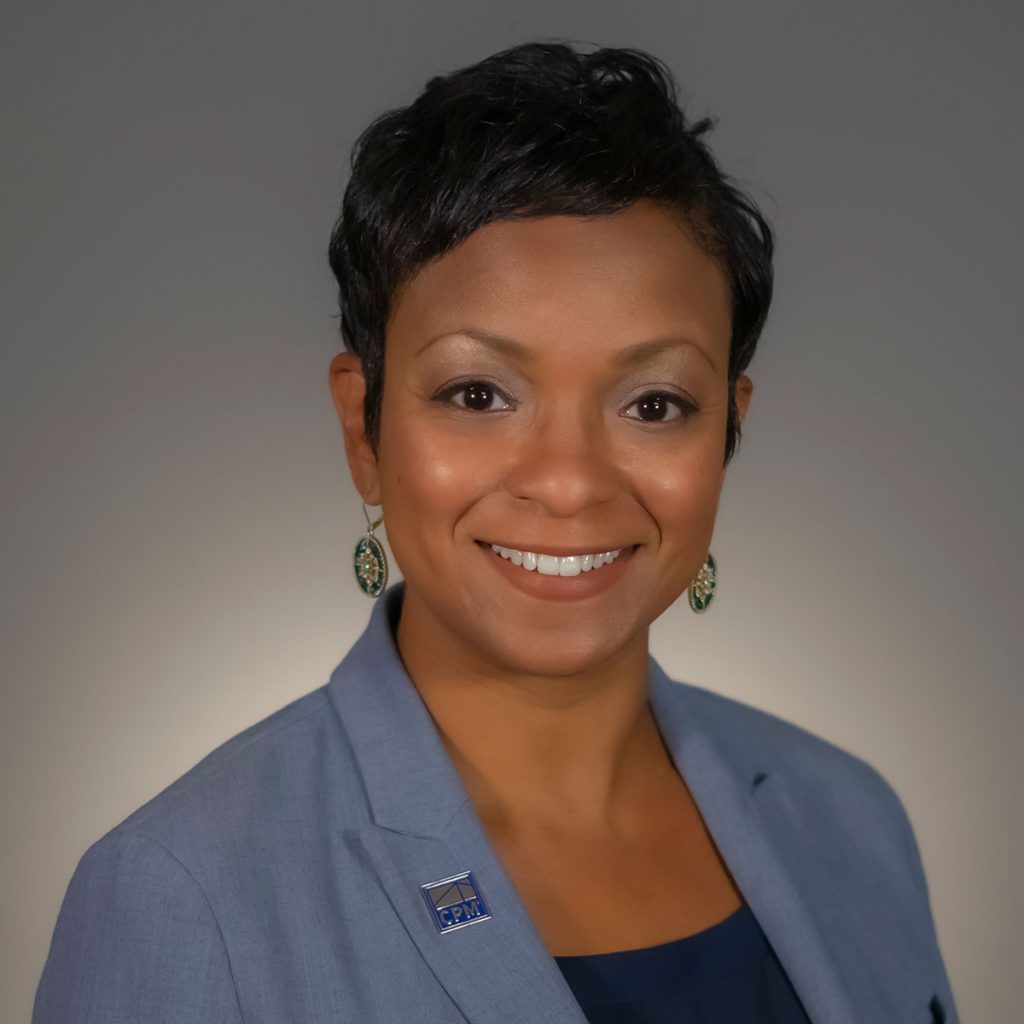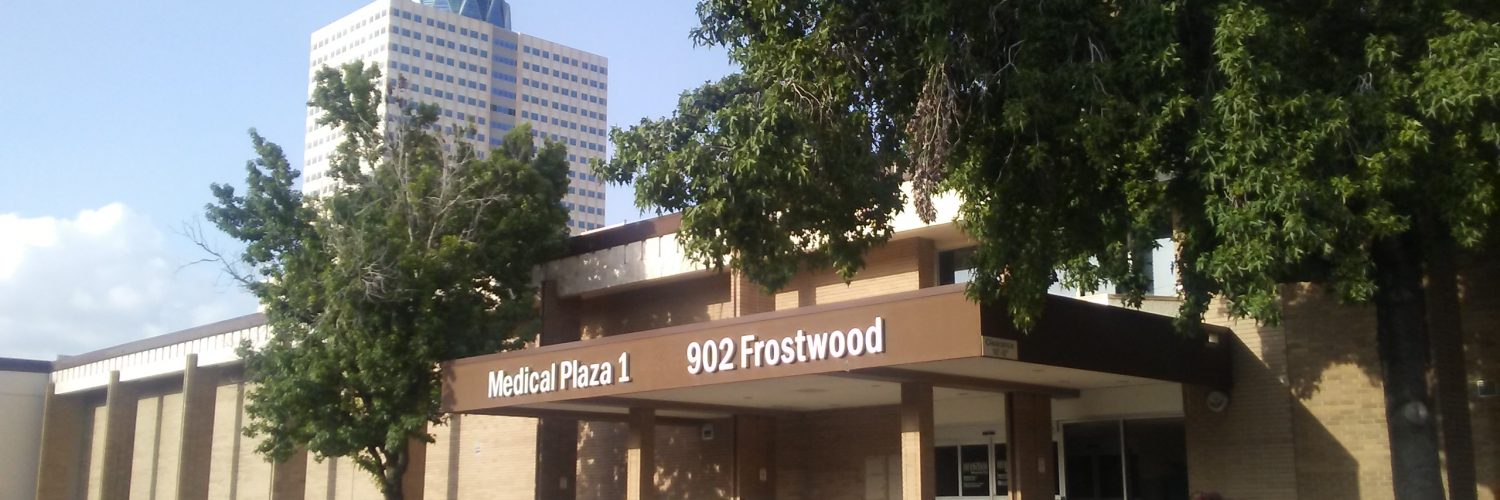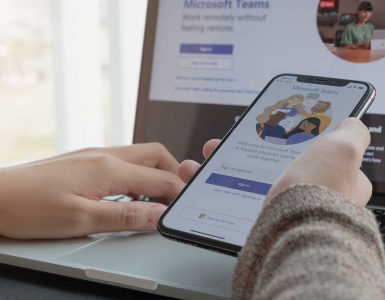Because commercial properties are not created equal, Transwestern’s asset services teams are trained to provide customized management and oversight for each property class. Specialized knowledge and training are particularly important for medical office buildings (MOBs), which serve physicians and patients in healthcare settings. Nicole Foster, General Manager, Healthcare Advisory Services, explains MOB’s unique differentiators and why Transwestern cares for them from a patient-centric approach.
What is a MOB and how is it different than a hospital and traditional office?
Nicole: A medical office building is a sector of the office market dedicated exclusively to healthcare practices such as primary care, dentistry, dermatology, and other medical specialties. Medical tenant leases often have longer lease terms than traditional office buildings due to the expense incurred by a landlord to design and build medical office spaces. During construction, MOBs must evaluate special requirements for expanded plumbing, additional electrical to accommodate medical equipment, and acoustic levels in consideration of patient privacy.
Typically, MOBs are located on or near hospital campuses and medical centers to capitalize on referral opportunities. Like hospitals, MOBs are designed with patients in mind – safety, wayfinding and connectivity are essential components of the building’s functionality. Unlike hospitals, MOBs are only open during business hours, including weekends for certain practices, and do not have beds for admitting patients overnight.
What are some of the unique asset services considerations for MOBs?
Nicole: MOBs are held to higher safety and cleanliness standards than regular offices, with more robust HVAC, air quality, electrical and plumbing requirements. For instance, MOBs need emergency generators, fire suppression systems, and fire alarms triggered by medical equipment like MRI machines. They also need hazard waste pick-up and specimen collection sites.
MOBs experience high foot traffic throughout the day, primarily by the ill, injured and older adults at greater risk for slipping, tripping or falling. Signage and wayfinding take on greater importance, as well as mobility considerations like patient pick-up and drop-off, ADA compliance and access to elevators, wheelchairs and chair lifts.
How is managing a MOB different than other property types?
Nicole: MOBs are complex facilities that demand specialized knowledge, experience and training. Our work supports the health of patients that visit our buildings, which is a significant responsibility and forms the basis of our management approach. Our asset services teams must have a complete understanding of how the property operates and the unique needs and qualities of both the tenants and their patients.
We view our buildings from the patient’s perspective and rely on many of the five senses when assessing the property. Does the facility look and smell clean? Are surfaces free of smudges and clean enough to touch? Are there any disruptive noises?
A patient’s perception of their physician’s office starts when they park their car, so we perform a multi-touchpoint inspection of anything a patient may encounter from the parking lot or garage to their physician’s office. This includes sliding glass doors, door handles, stairwells, electronic directories, water fountains, and other common areas.
What are some of the best practices Transwestern employs for MOB asset services?
Nicole: We want our physician tenants to focus on providing medical care to patients without worrying about building operations and maintenance. Transwestern has developed best practices for asset services team members centered on service, communication, and team member training:
- Service-Oriented: Our team, along with the janitorial vendor partner, proactively inspect common areas and tenant spaces on a periodic schedule to ensure suites are clean, filters and lighting are replaced, ceiling tiles are unstained, the temperature is comfortable and there are no leaks. We also utilize our work order system software to track and monitor work order trends and schedule and dispatch preventative maintenance tasks. We have protocols to respond immediately and address urgent matters, such as a power outage, major water leak or a fire/life safety issue.
- Communication: Regular communication usually prevents minor issues from becoming major problems. Our building managers communicate with all tenants frequently, either in person or via a check-in email, to stay informed and aware of any challenges and to ensure we understand their goals and objectives so that service delivery exceeds expectations.
- Training: Through specialized training and certification, healthcare conferences and medical journals, our healthcare managers and engineers stay informed of regulatory changes related to patient safety, privacy and any policy changes that may impact physicians. Transwestern’s MOB Training Guide educates on how to manage a MOB and the special considerations, like certificates of insurance, leases and abstracts, and HIPAA exceptions unique to healthcare buildings.

Nicole Foster
General Manager
Asset Services;
Healthcare Advisory Services
























